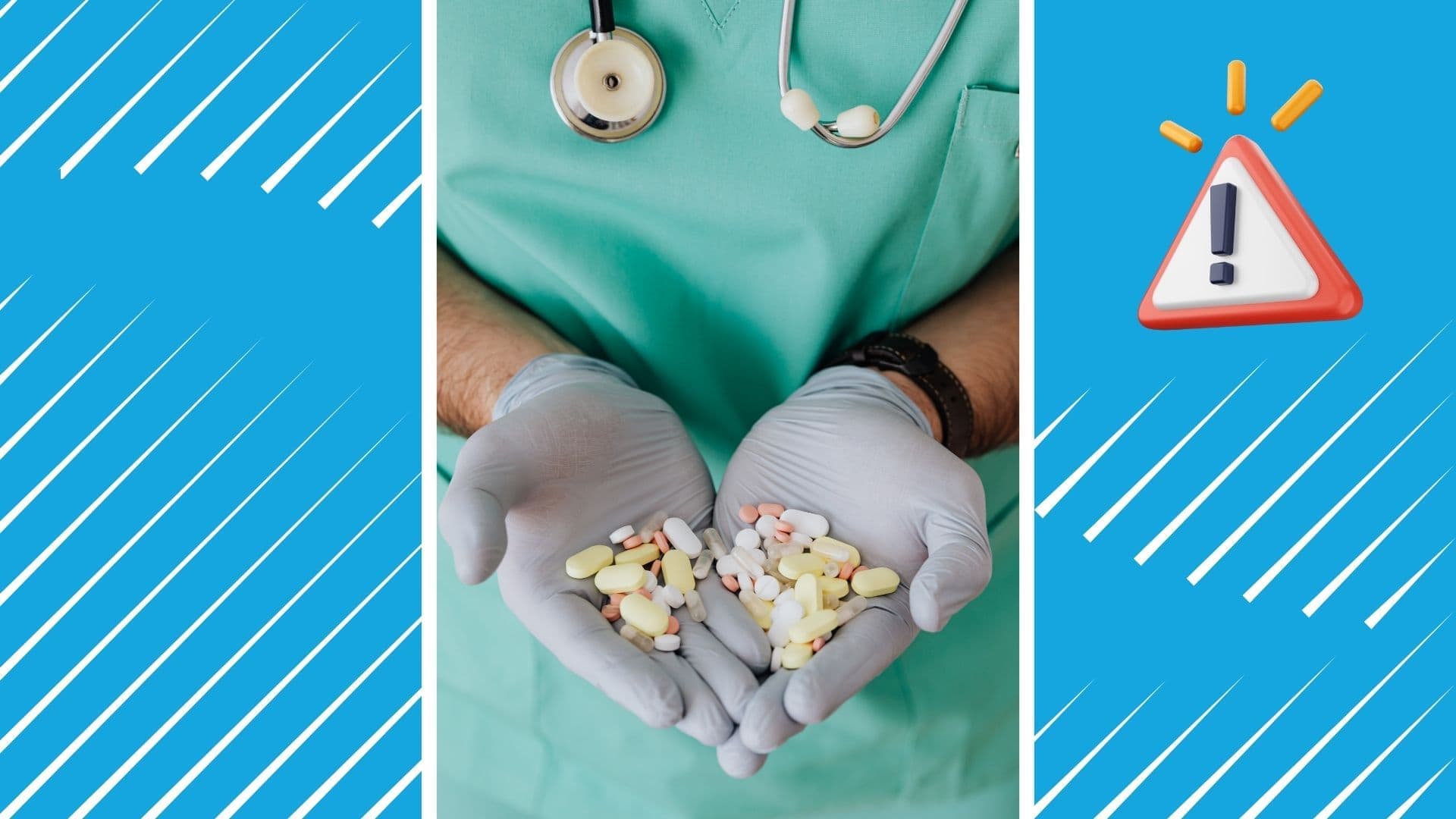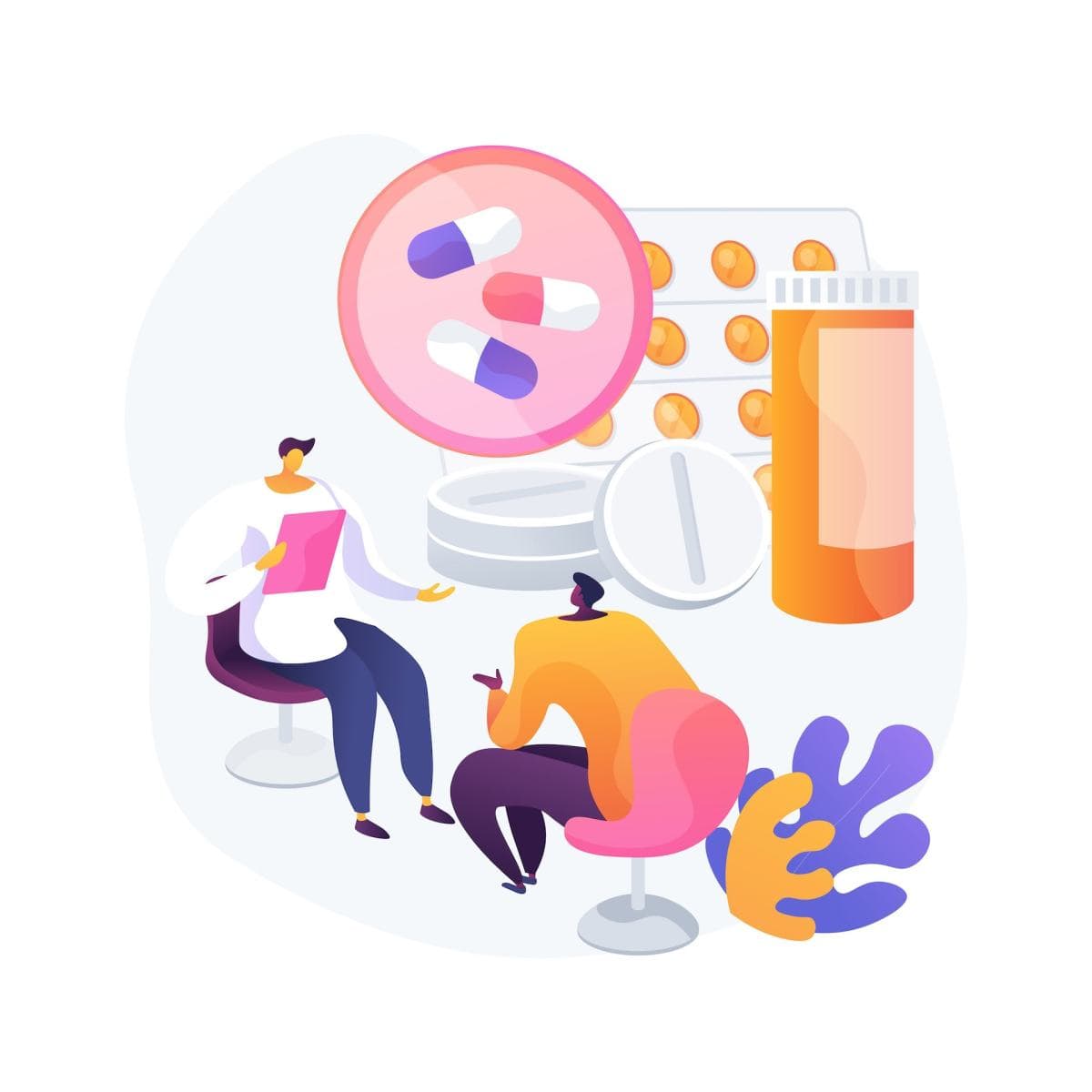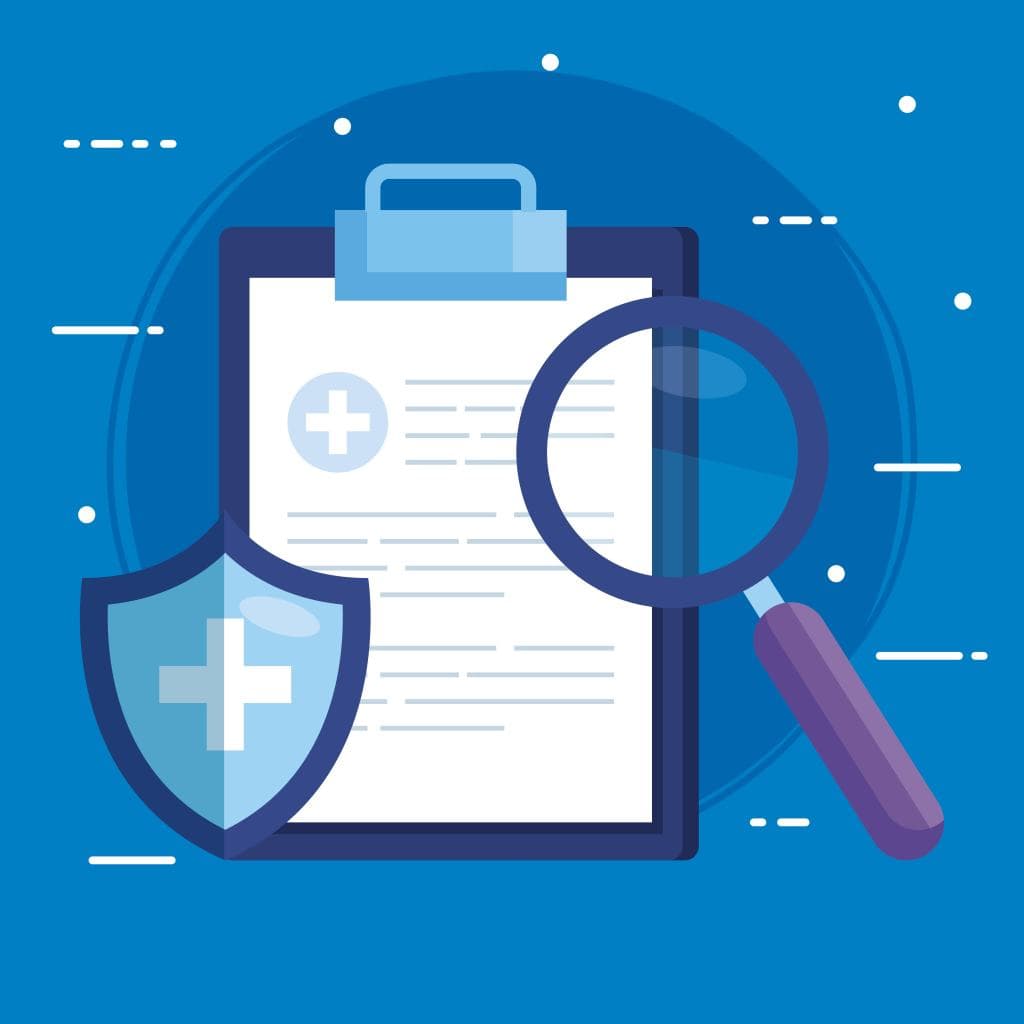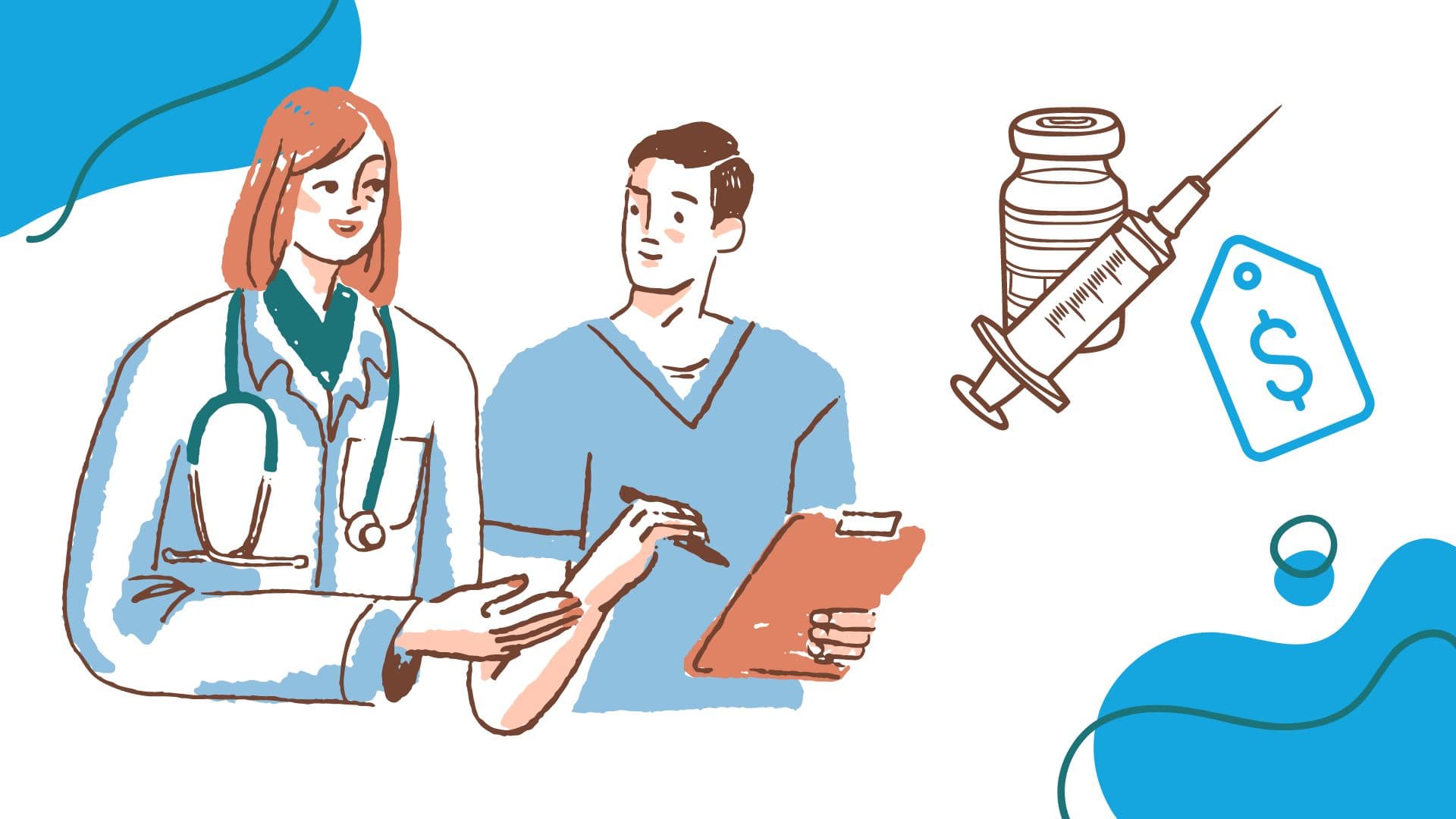
Medication errors remain a pressing concern within the healthcare industry, impacting patient safety and treatment effectiveness. These errors can manifest in various forms, including prescription errors, dosage inaccuracies, omission failures, and monitoring oversights, each stemming from factors such as miscommunication, lack of awareness, or systemic challenges. Understanding the root causes of these mistakes is crucial for identifying effective prevention strategies. In this blog post, we cover the different types of medication errors, why they occur, and share recommendations for how to prevent them.

A medication error is “an error (of commission or omission) at any step along the pathway that begins when a clinician prescribes a medication and ends when the patient actually receives the medication” (AHRQ.gov). A medication error can happen at any stage of the prescription process, from when a doctor prescribes the medicine to when the patient takes it. Medication errors that cause harm are called preventable adverse drug events, and those that don’t hurt anyone are called potential adverse drug events.
Medication errors can significantly impact patient safety and treatment efficacy. Understanding the different types of errors is essential for healthcare professionals to implement effective prevention strategies. There are many different types of medication errors. Let’s go over the most common ones below:
Prescription Errors: These occur when a healthcare provider prescribes an incorrect medication, dosage, or formulation. Such mistakes can arise from miscommunication, illegible handwriting, or lack of knowledge about a patient’s medical history.
Omission Errors: This type occurs when a prescribed medication is not administered to the patient at the designated time. Factors contributing to omission errors include oversight, inadequate staff communication, or failure to recognize the importance of the medication.
Dosage Errors: Dosage errors happen when a patient receives too much or too little of a prescribed medication. Common causes include miscalculations, use of inappropriate measurement units, or confusion between different dosage forms.
Preparation Errors: These errors arise during the compounding or preparation of medications. They can include issues such as incorrect mixing, improper storage conditions, or failure to adhere to aseptic techniques, compromising the medication’s integrity.
Monitoring Errors: Monitoring errors occur when healthcare providers fail to adequately observe or assess a patient’s response to a medication. This can lead to unidentified adverse effects or ineffective treatment, ultimately jeopardizing patient safety.
Compliance Errors: Compliance errors are related to a patient’s failure to follow the prescribed medication regimen. This may stem from various factors, including misunderstanding instructions, forgetfulness, or the financial burden of treatment, which underscores the importance of patient education and support.
Addressing medication errors through comprehensive training, communication enhancements, and patient engagement can greatly improve medication safety and overall patient outcomes in healthcare settings.
According to the WHO, medication mistakes in primary care can be caused by
As you can see, most of the responsibility for preventing medication errors falls on the healthcare professionals and companies that you are working with. Mistakes often come from situations where processes or procedures are not fleshed out enough or not followed (which means that enforcement of these crucial procedures is lacking). And, that said, healthcare professionals handle an incredible workload, and healthcare companies handle thousands or millions of patients and prescriptions per year. So even in the best of circumstances, mistakes will still happen. But how often do mistakes happen, and is it an acceptable amount?
The use of medication includes risks, but the misuse of medication is much more dangerous. But how prevalent are medication errors? Shockingly, the National Institute of Health estimated that there are 237 million medication errors in England each year, including 66 million that are potentially ‘client significant’. Another US government study states that over 400,000 hospitalized patients experience some kind of preventable harm each year.
In spite of this, it is important to remember that medical professionals are almost always acting with the best intentions. Mistakes happen, and the majority of them are non-consequential. However, no one wants to be on the wrong side of a medication error, so let’s turn to how to prevent them.

Medication errors are absolutely preventable. Your best defense is asking questions and being informed about your medications, including possible side effects. The following are a few practical tips to avoid mistakes when prescribed medication.
Learn the name, purposes, and dosages of the medication prescribed to you. Understand the potential side effects and what to do if they occur. If you have any questions about your medications, don’t hesitate to ask your doctor or pharmacist.
Keep an updated list of all medications you’re currently taking, including over-the-counter drugs, vitamins, and supplements, especially if you’re taking a total of five or more. It is important to inform your doctor and pharmacist about any allergies, past adverse reactions, and other medications you’re taking.
Consider using one pharmacy and doctor for all your prescriptions to monitor potential drug interactions better. Consistency is the key.
Always read medication labels and follow the directions exactly. Call your doctor or pharmacist for clarification if you don’t understand something.
Keep medications in the original labeled containers and store them in a safe place far away from the reach of children and pets.
Always double-check the drug names that may look or sound alike. Avoid taking someone else’s medication, and don’t give yours to another person.
When it comes to medication, always make safety a habit. Medication errors are a significant and preventable cause of injury in healthcare. Preventing mistakes starts with you, as a healthcare consumer, being informed and proactive. Don’t hesitate to ask questions or to tell your healthcare providers if anything seems amiss. Remember, you are the final line of defense against medication errors. Be your own best advocate for your health and safety!

Pilates is focused on enhancing core strength, crucial for overall torso stability and fluid movement. The core, influencing both legs and upper body, is essential for everyday comfort, such as sitting and standing without pain. The aim is to move gracefully through balanced muscle development, addressing potential weaknesses and promoting full joint mobility. The workout …

Rocky Mountain spotted fever (RMSF) is a bacterial infection caused by Rickettsia rickettsii and transmitted through the bite of an infected tick. This infection is characterized by the sudden onset of fever, headache, and rash, which can be life-threatening if not treated promptly. This infection was first identified in 1896 in the Snake River Valley …

COVID-19 has faded from the public conversation, but it is still as prevalent as ever, with wastewater levels in 2024 approaching those seen at the beginning of the pandemic in 2020. Furthermore, as COVID-19 has become less of a hot topic, many of the resources that made COVID-19 vaccines free or cheap have dried up …